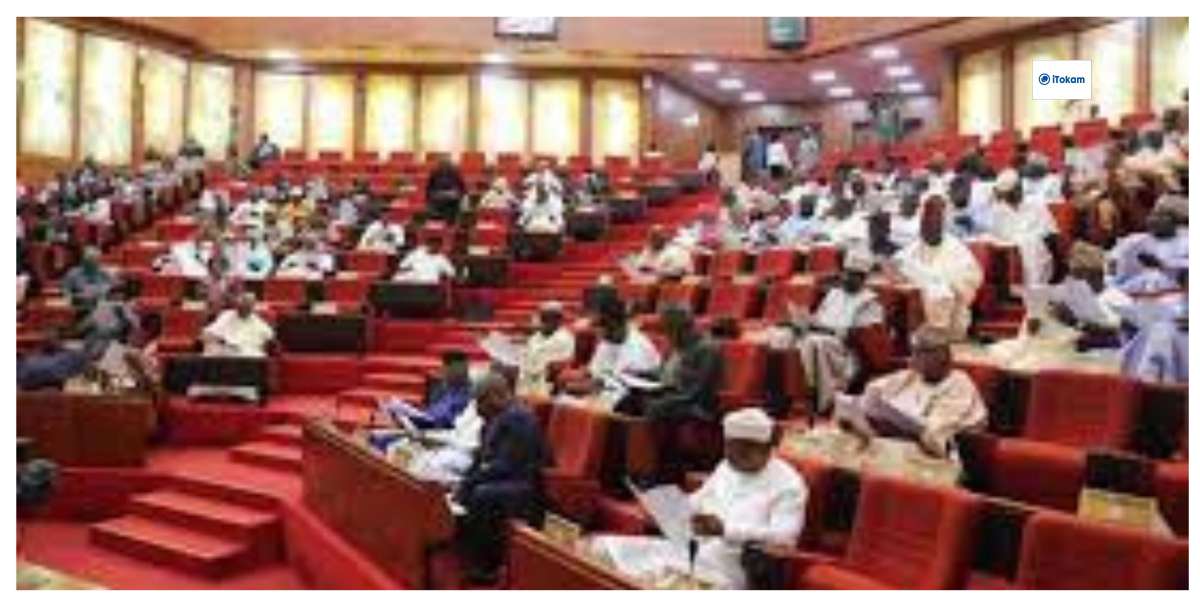In my roles as an entrepreneur, a former lawmaker, and a former Deputy Governor of Akwa Ibom State, I will provide the President with my thoughts and recommendations on topics that the advisory council did not investigate in great detail.
I shall confine my comments to three areas, all of which hold a significant place in my opinion. These industries have the potential to contribute to righting Nigeria's economic wrongs.
1. Paper mills
As a result of Nigeria's transition into a net importer of paper products and its steady march toward a probable paper crisis, the paper manufacturing sector of the country's economy is rapidly deteriorating and is now in danger of collapse.
The country of Nigeria is now dealing with a severe paper shortage. The majority of this catastrophe can be attributed to two main causes.
One is the dormant condition of the country's three integrated pulp and paper mills, which were built in the 1960s and 1970s. These mills were developed in the country. The Nigerian Paper Mill in Jebba, the Nigeria Newsprint Manufacturing Company in Oku Iboku, and the Iwopin Pulp and Paper Company are the names of the respective paper mills located in Nigeria. The Jebba mill is the only one that shows any signs of still being operational. The fact that almost no fresh investments were made in the beginning stages of building new ones is the second aspect.
This precarious position has caused specialists who recently participated in a workshop on the paper sector that was organized by the Lagos Chamber of Commerce and sector (LCCI) in partnership with the Raw Material Research Council of Nigeria (RMRCN) to sound the alarm that a national paper crisis is on the horizon. This workshop was held in Lagos, Nigeria. They asserted that the situation, if allowed to continue unchecked, may develop into a national issue that might put the price of papers out of reach for a great number of Nigerians due to the country's complete reliance on imported paper products to fulfill its domestic requirements.
They hypothesized, on the other hand, that the nation could increase its revenue from paper manufacture and export if all hands were put to work to find long-term solutions to the paper crisis that is already obvious to be on the horizon, and if proven indigenous sources of raw materials that are abundant within the country were utilized.
On the majority of corn farms, there are enormous piles of stalks that are set to be burned. Particularly significant are the agricultural regions in the northwest and southwest states.
This technique results in the emission of carbon dioxide into the atmosphere, which is a hazardous chemical compound. As a result, it contributes to the warming of the planet's overall climate as well as to global warming.
But if they are not burned, the heaps might become part of a supply chain that ends in the machines of paper-product makers. These businesses now rely on imported wood-based raw materials, which limits their productivity and profitability.
Because of their significant reliance on wood-based imports, Nigeria's paper mills have been unable to operate for more than a decade. It may be possible to bring the dying paper mills back to life by using crop residues and other types of agricultural waste.
Utilizing these alternate options will result in less deforestation, which is an important step toward mitigating the effects of climate change, as well as an increase in employment opportunities along a chain that includes suppliers of the residue.
2. The availability of raw materials is the primary element that is putting a constraint on production; these materials will come from two different sources: the wooden part and the non-wooden part. According to the findings of our research, we have an adequate supply of raw materials, both those derived from trees and those derived from materials that are not trees and are therefore classified as non-wood.
Agricultural residue is one of these non-wood products that can be used.
Also Read: Highlights How To Strengthen Nigeria’s Marketing Economy - APCON
When it comes to crop residue, we have a significant number of them that are going to waste. You can probably picture the enormous quantities of sugarcane that are consumed in Nigeria. Because a significant contributor to the demise of the paper mills was a lack of access to raw materials, we can bring the paper mills back to life by using all of this 'waste'.
The government needs to take action to support growth in this sector so that jobs may be brought back in the production sector, as well as agriculture, transportation, publishing, and education; this will also help to boost exports while preserving the value of the dollar. After the privatization is complete, the BPE needs to activate the performance agreements. A great number of businesses were awarded to companies who were not prepared. They should be incentivized to sell their assets in favor of global players who are competent.
As a result of the country's enormous population as well as its proximity to West and Central African markets, liberalizing policies, rules, and regulations should be implemented in order to entice the greatest producers from across the world to set up shop in the country. The Universal Basic Education Commission estimates that under the National Book Policy, indigenous publishing companies were expected to print 100 million books for over 25.6 million students by the year 2016, a figure that has increased since then. On the other hand, Nigeria's resilient newspapers rely heavily on imported newsprint.
It is imperative that both the federal government and state governments take extraordinary measures to safeguard forests from illegal loggers who cut down trees without regard for their location or species. The production of pulp and paper in Africa is led by South Africa, which accounts for over 65 percent of the total, followed by Egypt, which produces 20 percent. In 2015, Nigeria's share was a paltry 3.0 percent of the total. Getting up to speed with the rest of the world ought to be a top priority for the time being.
3. Palm oil revenue
The long-term alleviation of poverty, for the sake of both social and environmental sustainability, depends critically on economic growth and prosperity. In Nigeria, the oil palm business is one of the most successful paths for reducing poverty, guaranteeing food security, and maintaining economic stability. There is a potential for the palm oil business to provide work for millions of individuals with low or intermediate levels of education and training. As has been shown in other economies, if an appropriate focus is placed on the production of commodities with large-scale commercial values, then an increase in the production of oil palm can successfully reduce the degree of poverty in Nigeria, particularly in the Niger Delta region. This is because oil palm is a commodity that has large-scale commercial values.
In the face of a significant revenue shortfall that has continued to hinder the ability of various tiers of government to meet some of their financial obligations, operators and experts in the agriculture industry say that repositioning palm oil production in Nigeria could be the tonic to significantly boost exports and earn foreign exchange while also creating jobs. This would be in addition to the fact that repositioning palm oil production in Nigeria would also create jobs.
For example, the oil palm industry in Nigeria was once responsible for 35 percent of the country's Gross Domestic Product (GDP). Additionally, the industry was responsible for 25 percent of overall exports, which contributed a substantial amount of money in terms of currency exchange.





